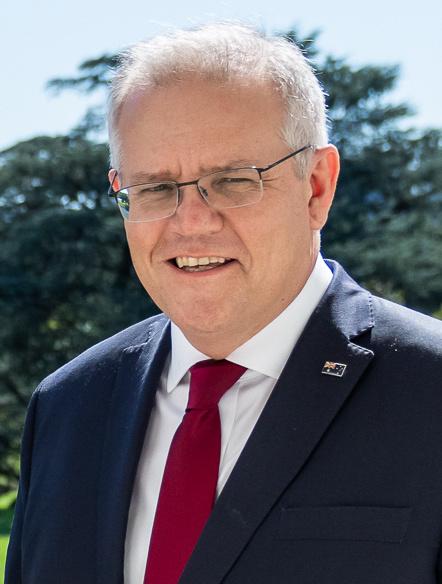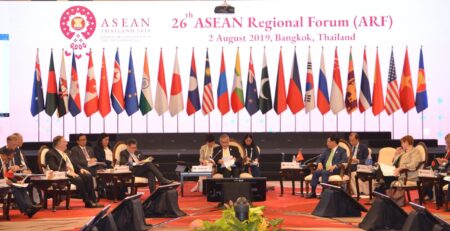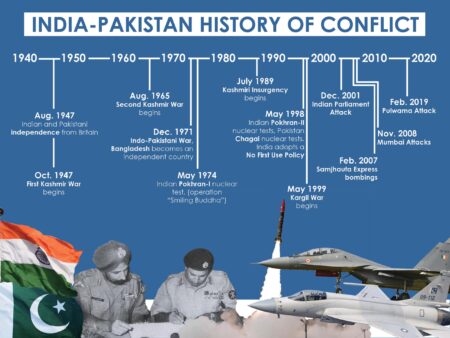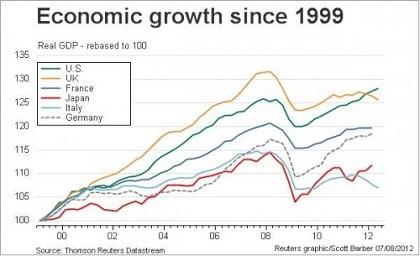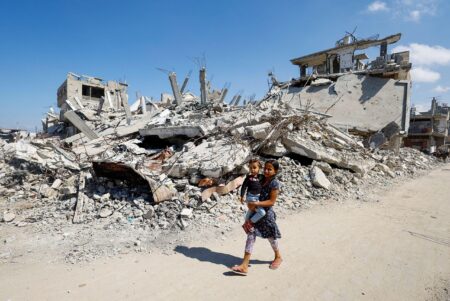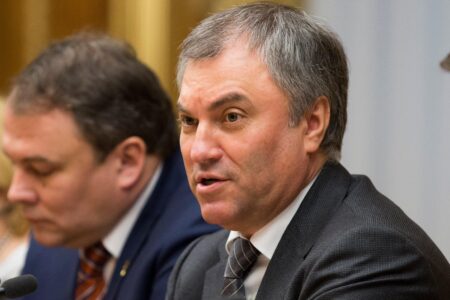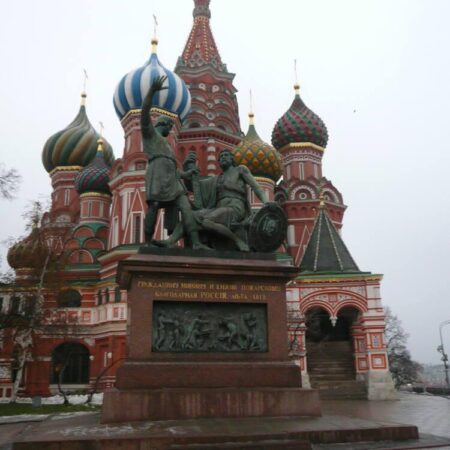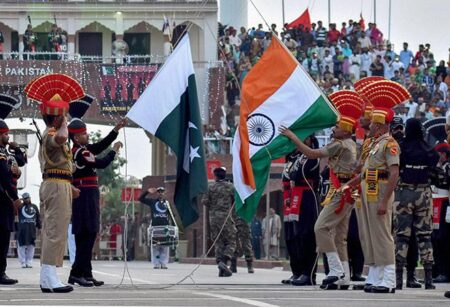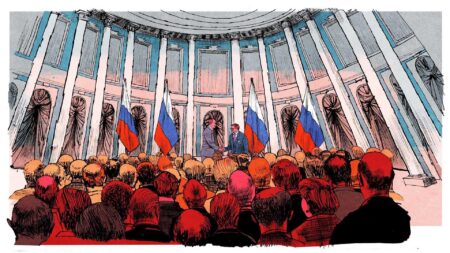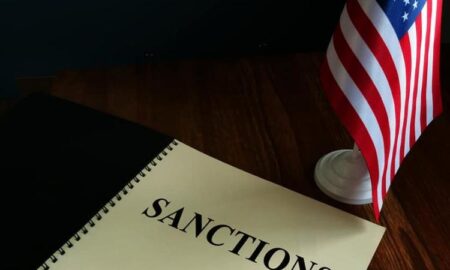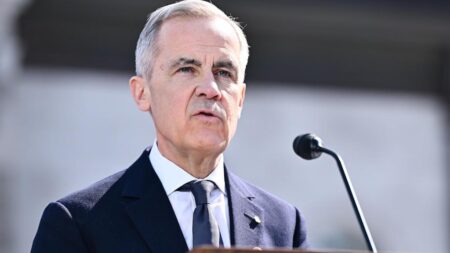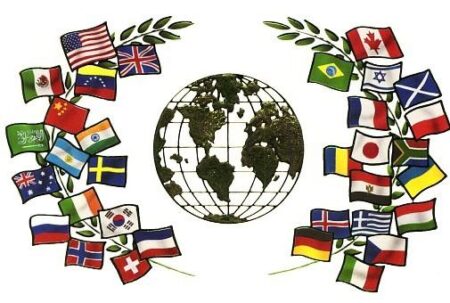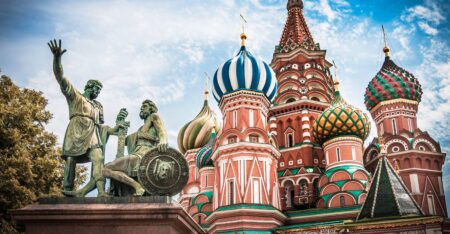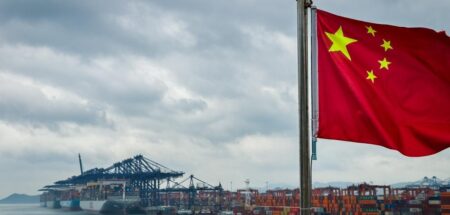Australian Prime Minister Anthony Albanese met with Chinese President Xi Jinping in Beijing to unlock exciting new trade opportunities, enhance regional security, and accelerate climate collaboration-marking a significant step toward mending the strained ties between the two nations
Browsing: Foreign Affairs
The 32nd ASEAN Regional Forum (ARF) united leaders in a powerful commitment to enhance regional security and deepen cooperation. Engaging and dynamic discussions sparked new ideas on maritime security, intensified counterterrorism efforts, and innovative disaster management strategies among member states
British Foreign Minister is preparing for their inaugural diplomatic visit to TĂĽrkiye, set to strengthen bilateral ties and address key regional challenges. This journey marks a significant milestone in the evolving UK-TĂĽrkiye relationship
The Foreign Ministers of France, Germany, and the UK, alongside the EU High Representative, have powerfully reaffirmed their commitment to diplomatic solutions and bolstering European unity in addressing vital global challenges
Wong unveils urgent evacuation plans for Australians in Iran and Israel amid rising tensions. Authorities are collaborating closely with local and international partners to ensure safe passage through this fast-evolving and volatile situation
Minister Anand is gearing up for an exciting visit to the United Kingdom and France, with a mission to strengthen bilateral ties, ignite trade opportunities, and spark collaboration on pressing global challenges. This journey underscores Canada’s unwavering commitment to building powerful international partnerships
The U.S. government has made a significant announcement: it will start revoking visas for specific Chinese students, driven by rising national security concerns. This decision targets individuals associated with military and surveillance programs, highlighting the intensifying tensions between the two nations.
As tensions soar between India and Pakistan, fears grow over the possibility of a conflict spiraling into a full-scale war. Both nations are ramping up their military strength, while diplomatic relations continue to fray. The world watches with bated breath, anxious about what might unfold.
As global tensions rise, Germany stands at a crossroads, grappling with pivotal decisions that will shape its economic destiny. Yet, leading economists caution that Friedrich Merz’s plans for rearmament and austerity might fall short in tackling the deeper issues of sustainable growth.
In a powerful joint statement, leaders from the UK, France, and Canada have voiced their profound alarm over the rising tide of violence in Gaza and the West Bank. They urgently called for an immediate halt to hostilities and emphasized the need for renewed efforts to forge a lasting peace in this troubled region.
A Ukrainian politician with ties to Russia was tragically shot dead in Spain, igniting a firestorm of tension in an already precarious geopolitical landscape. This shocking incident has captured widespread attention as authorities dive into an investigation to uncover the motives behind this brazen attack.
The Kremlin has boldly announced that Russia will employ every possible measure to defend its naval vessels in the Baltic Sea. This declaration not only emphasizes the rising tensions in the region but also showcases Moscow’s unwavering dedication to protecting its maritime interests
Pakistan has once again pledged its dedication to a ceasefire with India, highlighting a strong desire for lasting peace in the region. Yet, officials have issued a clear warning: any acts of aggression will be met with a swift and decisive response. They are calling for open dialogue as the key to ensuring stability and harmony.
In a groundbreaking step towards peace, Russia and Ukraine are sending their negotiators to Istanbul for vital discussions. Moscow’s team boasts seasoned diplomats with a wealth of experience, while Ukraine is determined to bolster its stance with highly skilled representatives.
In a stunning turn of events, former President Donald Trump revealed that the U.S. plans to lift sanctions on Syria, aiming to provide the war-torn nation with “a chance at peace.” This bold move emerges as part of broader discussions focused on fostering stability in the region.
On May 12, 2025, Prime Minister [Name] engaged in a pivotal conversation with Prime Minister Carney of Canada. The discussion centered on enhancing their nations’ partnership and tackling pressing global economic challenges. Both leaders passionately highlighted the importance of collaboration in trade and innovative climate initiatives.
In a captivating new analysis on ForeignPolicy.com, experts delve into the evolving landscape of global affairs, exploring the escalating tensions in Eastern Europe and Asia. This insightful report illuminates the potential ramifications for international alliances and the future of diplomacy, offering readers a deeper understanding of our world’s intricate geopolitical tapestry
In “The Russia That Putin Made,” Foreign Affairs delves into the intricate tapestry of Moscow’s ties with the West. The article emphasizes that a pragmatic approach to engagement is crucial for fostering coexistence, shedding light on the persistent illusions that obstruct meaningful dialogue
Warren Stephens has been officially appointed as the UK Ambassador, marking a significant milestone in the enhancement of diplomatic relations. With a wealth of experience in international affairs, Stephens is set to foster deeper collaboration on pressing global challenges.
Japan’s former defense minister, Ishiba Shigeru, is gearing up to tackle pressing issues surrounding Chinese aggression in disputed maritime areas during his highly anticipated visit to the Philippines. In addition, he will delve into the implications of US tariffs on the vital trade relations between the two nations.

